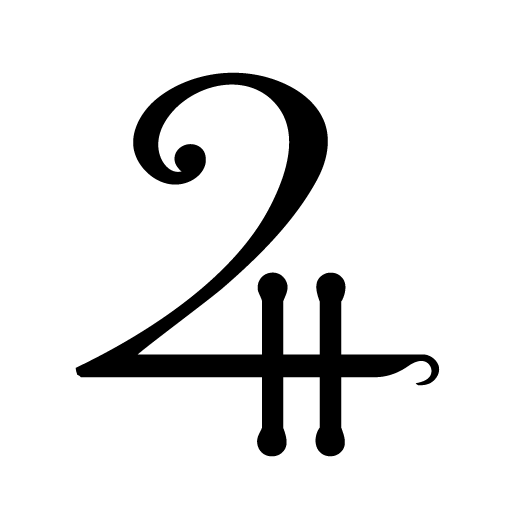Assailing Daisy's Essay
Last year, when monologist Mike Daisy was lamely trying to defend the fabrications in his story about Chinese workers assembling Apple products, he tried a number of defenses. He affected a post-modern stance for a while and pointed out that truth was fuzzy, and relative. Sure, buddy.
Then he took a different tack and pointed out that he's an essayist, and that the word "essay" means "to attempt"...so he should be allowed to attempt a description of Apple's labor practices in China, even if that attempt failed in terms of the facts. He only claimed to be trying, you see, not succeeding.
But he's more wrong than he knew. Because "essay" actually comes from late Latin, the verb exigere, meaning to ascertain or weigh. When the form of the essay was being developed by Montaigne, in 1500s France, the Latin exagium (weighing) had become Old French "essai", meaning "trial".
Now, in terms of activities like artistic endeavors, there is a modern sense that "an essay in the craft" is merely an attempt to make something in a particular mode, or with a certain method. But this is applied to efforts and actions, and is a different sense of the word from the "piece of short writing on a subject".
The true root of "essay", especially in the form of the written document, does not, and never has, translated to "something immune from judgment because it's just an attempt"—though I know from experience that this is a common definition in many classrooms. No. It means: To put an idea to the test. To bring reason to bear in a non-fiction, long-form argument, giving the notions within a careful weighing. To put a concept on trial.
If I were a philosophy professor grading Mike Daisy on his apology (in both senses), I'd mark him guilty of the fallacy of equivocation.
